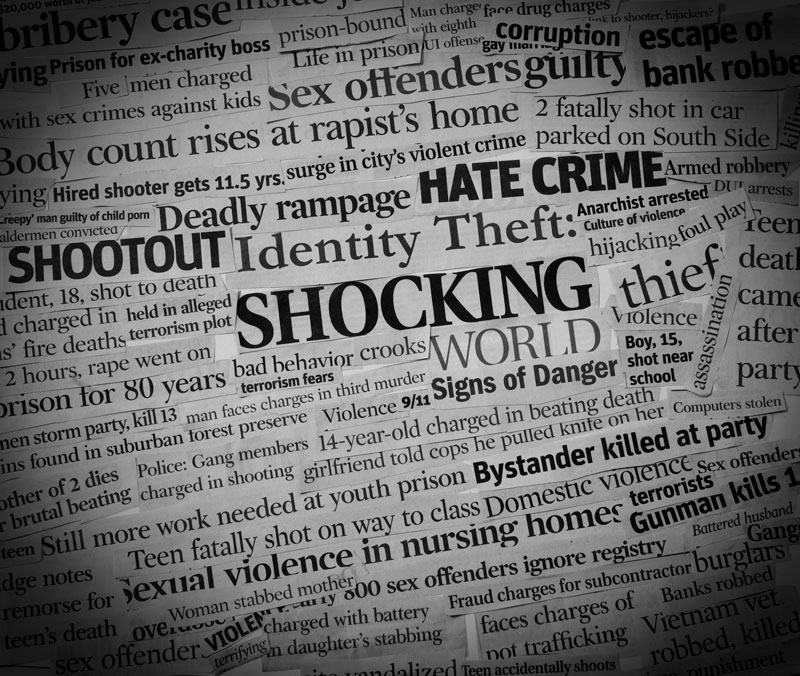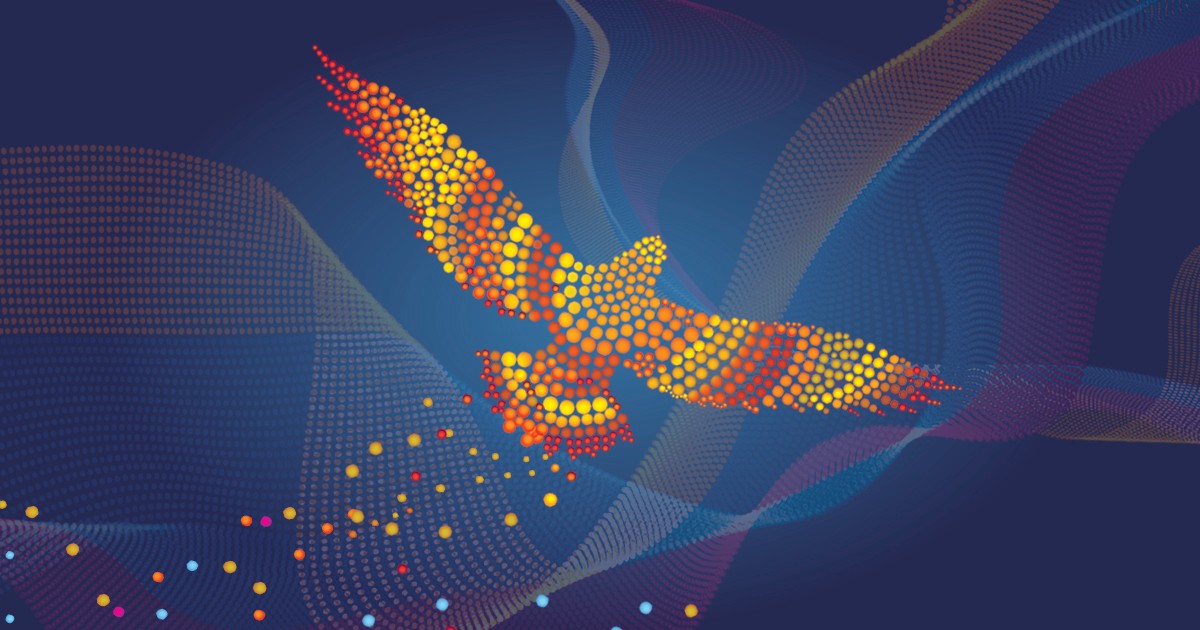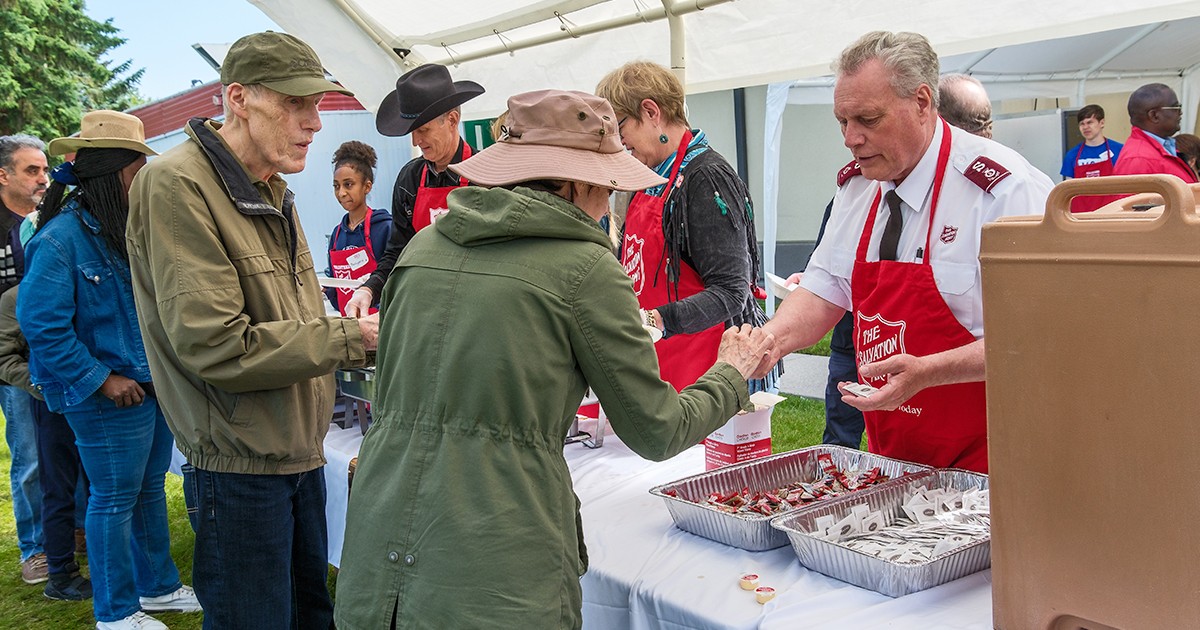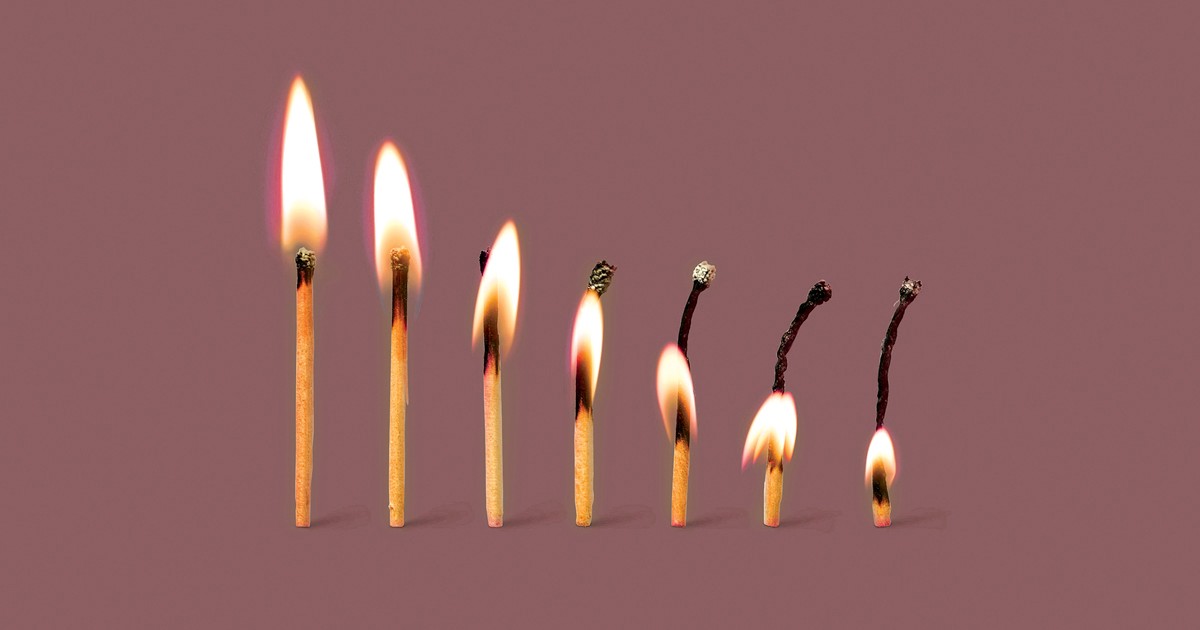I’m pregnant with hope right now. Which is weird. Because, well, things aren’t so good on a global scale. On the way to a conference recently, I had a frank conversation with my Uber driver. She’s not so hopeful. She talked about the horror of the shooting in Las Vegas and the hopelessness she felt about the American political system and the results of global warming on the world, and lamented the fact that she chose to bring children into this god-forsaken place. But all the time she was sharing, as I listened to her pain, what I felt was hope. Which is weird. Why am I feeling hope at a time that seems so perilous and hopeless? And that’s when it hit me.
That’s what hope is for—for those times. For these times. For our time. Hope is the defiant expectation that God is able to do what we can’t. That right when things look the most desperate and bleak, God has a plan to intervene. Hope is what gives me a glimpse of a bright future. Hope is what allows me to peel back the curtain on all the chaos of this world and see God at work, bringing his kingdom in ways we can’t possibly understand or imagine. Hope.
For many years, I saw sexual exploitation as a seemingly inevitable darkness that I would just punch at until some light bled in. Now I see an emerging generation of girls becoming brave as the church strategically reaches out. Hundreds and thousands of girls, empowered to be the people they were created to be—the obvious solution to one of the world’s fastest-growing problems. I want to partner with them to advance empowerment as the solution to exploitation. I feel like Ezekiel, standing over dead bones, with God whispering in my ear, “Speak life”—and watching with utter amazement as hope blows breath into dry bones and they become a mighty army (see Ezekiel 37). Back from the dead.
Hope. It’s filling me.
Most of us view the global migration crisis as a problem. Recently a friend of mine told me about a strategy that began in her prayer room and is now growing into a movement, seeking to connect churches here with churches in refugee camps all over the world. What I saw as a global problem, she saw as a kingdom solution. The gospel is going where it hasn’t gone before.
Then I remembered sitting with a Syrian family in a refugee camp in Lebanon, and hearing them ask about Jesus and how they could know him. And I remembered the relief worker who told me these refugees were very open to the gospel and how, in some weird way, she was starting to understand how this crisis was an opportunity for God to answer the prayer of an entire generation—for the gospel to reach a place where things looked hopeless for kingdom advance. And I was filled with hope again—hope that what looks like utter chaos and pain and suffering might somehow be used to bring healing, hope and freedom to the entire world.
Whether it’s deep-seated racism in the United States, or covering up the pain of our First Nations in Canada, our current political systems are exposing deep injustice in a way that is painful to watch. And yet as I watch it unfolding, I see it accomplishing so many things: exposing deep wounds, uncovering years of prejudice and oppression, calling people to stand (and kneel) for truth and justice and healing and wholeness.
For wounds to heal, exposure must come first and then treatment. I believe the Western world stands at a time of truth and it fills me with hope—despite the obvious pain of hearing and witnessing the brutality of the truth. I believe with all my heart that the truth will set us free, and that all of this uncovering is getting to a deep wound. And I know a Saviour who has a balm, a remedy, a way to treat the pain of the world. A gospel that isn’t just about words, but power—power to live another way, power to forgive, power to bring people to repentance and faith, power to reconcile and heal, power to change things, power to empower people to be witnesses of this freedom for the whole earth.
And that’s not all. A few months ago, I spoke in a cathedral in Salzburg, Austria, on Pentecost weekend, to 8,000 young Catholic kids who wanted to know Jesus, and even better than that, wanted to live for him. Thousands of them poured out of a worship meeting, filled with expectant faith, and marched up a massive hill until we could look out over Austria and Europe, and began to let their hope flow out of them through prayer. They prayed for God to do what has never been done before, to unleash the church, to bring healing to the broken, to bring peace to the world, to unify his body, to save the lost—and on and on and on it went for hours.
Looking back now, I realize that that’s when hope started to rise in me. In what is arguably the most lifeless area of the church, in one of the oldest churches in history, on Pentecost Sunday, God poured his holy hope into me. It came like waves. I was overcome with the possibilities of his kingdom coming in unprecedented ways. I began to expect a new move of God in the world, and now I see it bursting out everywhere. God’s kingdom is breaking in and moving out in waves of holy hope in this seemingly god-forsaken world. And this hope is compelling me to be part of his kingdom coming. I hope you’ll join me in this upside-down adventure that is the hope of the world.
Major Danielle Strickland is the evangelism consultant for the Canada and Bermuda Territory.
Feature photo: © Allkindza/iStock.com










Comment
On Sunday, November 12, 2017, Michel Boissonneault said:
Leave a Comment